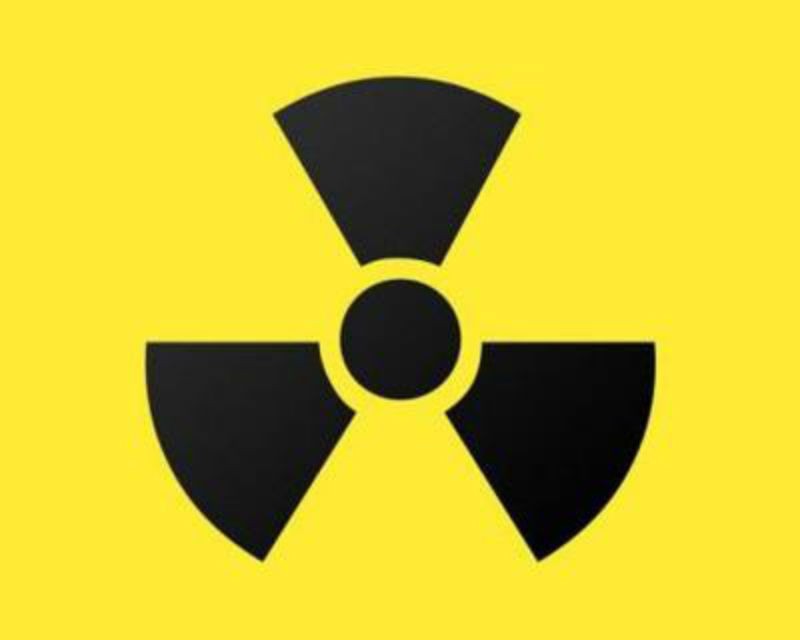The U.S. Environmental Protection Agency has designated January as National Radon Action Month. The aim of National Radon Action Month is to increase the public’s awareness of radon, promote radon testing and mitigation, and advance the use of radon-resistant, new construction practices.
What is Radon?
Radon is a radioactive gas that comes from the natural breakdown of uranium in soil, rock
and water and gets into the air you breathe. Radon can be found all over the U.S.
It can get into any type of building—homes, offices, and schools—and result in a
high indoor radon level.
You can’t see, smell or taste radon, but it could be present at a dangerous level in your home. Radon is the leading cause of lung cancer deaths among nonsmokers in America and claims the lives of about 21,000 Americans each year. In fact, the EPA and the U.S. Surgeon General urge all Americans to protect their health by testing their homes, schools and other buildings for radon.
At a radon level of 4 pCi/L, there are approximately 12,672 radioactive disintegrations in one liter of air during a single 24-hour day. What do those numbers mean? Living in a home with a level of 4 pCi/L is approximately the equivalent of smoking 8 cigarettes per day.
Is Radon a problem in Tennessee?
In November, the highest level of radon in the state identified through residential testing using TDEC’s free radon test kit program was 45 pCi/L, which is comparable to smoking 4 packs of cigarettes a day. Out of the tests completed during November, 30% of homes tested above 4 pCi/L. That is 3 out of every 10 that are considered unsafe according to the EPA recommendations.
What Should You Do?
Exposure to radon is a preventable health risk and testing radon levels in your home can help prevent unnecessary exposure. If a high radon level is detected in your home, you can take steps to fix the problem to protect yourself and your family.
The EPA and the U.S. Surgeon General recommend that all homes in the U.S. be tested for radon. Testing is easy and inexpensive.
The Tennessee Radon Program is offering a free radon test kit to Tennessee residents.
Click here to get your free test kit.
If your test results are high, certified radon mitigation professionals can effectively reduce the level of radon in a home to a safe level through measures which may be as simple as changes to the ventilation system. If your home does require mitigation, make sure to utilize a certified professional. The only way to know if your home has elevated radon levels is to test. Protect your family, test your home. Click here for more information www.tn.gov/environment/radon for more information.


















